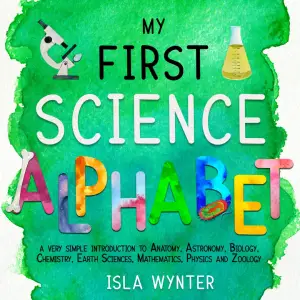Soulmatch: A Journey Through Reincarnation and Identity
From the moment I picked up Soulmatch, the debut novel by Rebecca Danzenbaker, I was drawn into a world where the lines between past and present blur, entwining destiny with choice. As someone who often reflects on the influences of our past selves, I found the book’s exploration of identity and the complexities of love across lifetimes particularly compelling. Danzenbaker’s richly imagined post-apocalyptic society invited me to ponder not just who we are, but who we have been—and who we might become.
Set two hundred years after World War III, Soulmatch introduces us to Sivon, a protagonist who navigates a society structured around a soul-identification system known as "kirling." Each eighteen-year-old must face the daunting task of uncovering their former lives, which dictate everything from careers to soulmate compatibility. This intriguing premise sets the stage for a narrative that delves into political corruption and the age-old question of identity. Danzenbaker’s skillful worldbuilding, complete with the terminology of "folies" and "culi," creates an immersive backdrop that feels authentic yet accessible, allowing readers to engage fully without drowning in complexity.
What struck me most was Danzenbaker’s portrayal of Sivon. She’s a young woman whose mastery of chess acts as a metaphor for the strategic maneuvers she must navigate in life and love. Sivon’s internal monologues, skillfully laced with chess terminology, resonate deeply as she confronts her vulnerabilities amidst a shifting political landscape. Her evolving relationship with her bodyguard Donovan transcends mere attraction; their bond feels like a continuation of a love story written across the ages. It’s a refreshing take on the idea of soulmates, grounding it in the gravity of their intertwined pasts.
The political intrigue in Soulmatch elevates the narrative, keeping the pace brisk and engaging. The conspiracy surrounding Prime Minister Mirovnik unfolds with satisfying twists that kept me guessing. Danzenbaker’s connections to contemporary issues regarding government corruption and identity are chillingly relevant, and the stakes feel all too real in today’s world. I often found myself reflecting on the depth of the political commentary, especially how it mirrors our current societal challenges.
However, I must admit that the pacing occasionally falters, especially in the middle section when expository dialogue sometimes overshadows character development. While supporting characters like Sivon’s friends, Vivi and Corah, serve their functions, they could benefit from more depth that transforms them into truly memorable figures. And while the climax provides emotional satisfaction, I felt it could have been explored more thoroughly, especially regarding the broader implications of soul manipulation.
Despite these minor setbacks, Danzenbaker’s writing is clear and engaging, punctuated by natural dialogue. The decision to define terminology at the beginning of chapters is an ingenious touch, further immersing readers in the narrative.
Ultimately, Soulmatch is more than just a captivating read; it’s a thought-provoking exploration of identity, love, and the choices that bind us across time. Danzenbaker’s debut confirms her as a promising voice in YA literature, and I would wholeheartedly recommend this book to fans of dystopian fiction, romance, and those intrigued by the intricate web of our past influencing our present.
As I closed the book, I couldn’t help but reflect on the profound questions it poses about the nature of our souls and the paths we choose. This novel isn’t just an enjoyable ride through a fantastical society; it’s a mirror held up to our own lives, challenging us to consider the stories within us and how they shape who we are today. For that, I am grateful for the journey Danzenbaker has crafted.
Discover more about Soulmatch on GoodReads >>






